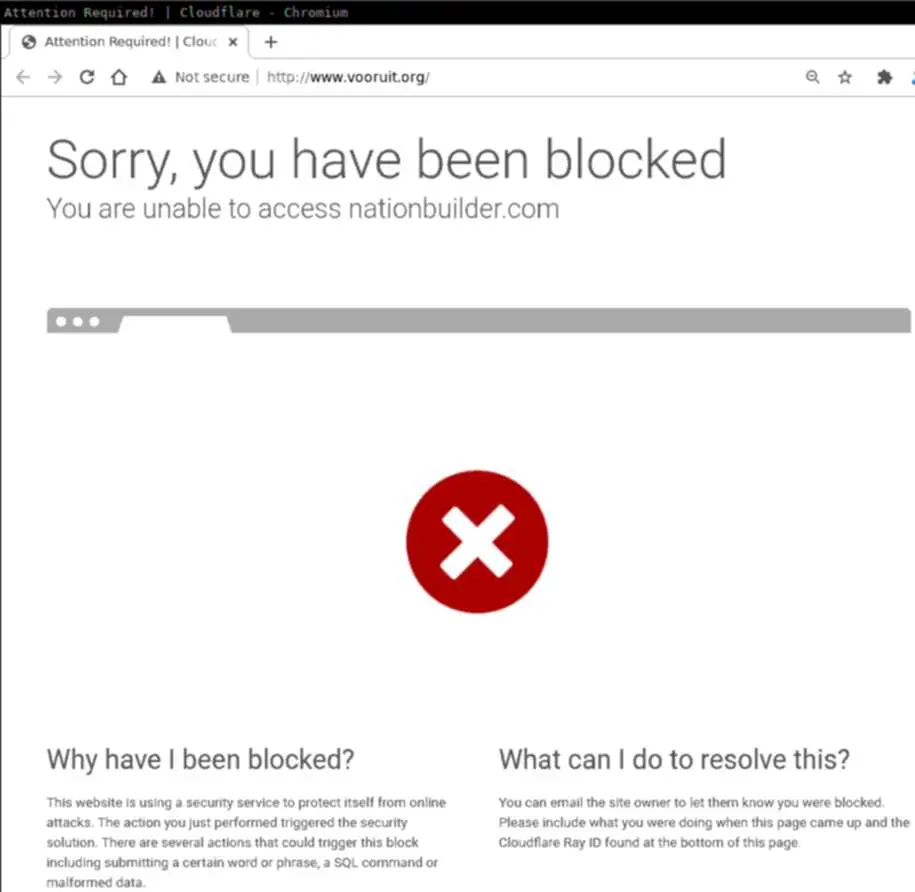cross-posted from: https://sopuli.xyz/post/9861733
I would cast my drop-in-the-ocean vote if it didn’t require needlessly reckless disclosures. The question is- which states offer more privacy than others? These are some of the issues:
publication of residential address
It’s obviously fair enough that you must disclose your residential address to the election authority so you get the correct ballot. But then the address is public. WTF? I’m baffled that the voter turnout isn’t lower.
Exceptionally, Alaska enables voters to also supply a mailing address along with their residential address. In those cases, the residential address is not made public. But still an injustice as PO Boxes are not gratis so privacy has a needless cost.
Some states give the mailing address option exclusively to battered spouses. So if you are a victim of domestic abuse, you can go through a process by which you receive an address for the public voting records that differs from your residential address. Only victims of domestic abuse get privacy that should be given to everyone.
publication of political party affiliation
You are blocked from voting in primary elections unless you register a party affiliation, in which case you can only vote in the primary election of that party. A green party voter cannot vote in the democrat primary despite the parties being similar. The party you register in is public. So e.g. your neighbors, your boss, and your prospective future boss can snoop into your political leanings.
AFAIK, this is the same for all states.
publication of your voting activity (which is used for shaming)
Whether you voted or not is public. If you register to vote but do not vote, it’s noticed. There is a shaming tactic whereby postcards are sent saying “your neighbors the Johnsons at 123 Main St. voted early -- will you do your civic duty too? Note that the McKinneys at 125 Main St. have not voted; perhaps you can remind them?” They of course do this in an automated way, so non-voters know their neighbors are receiving postcards that say they did not partake in their civic duty.
forced disclosure to Cloudflare
These states force all voter registrations through Cloudflare:
- Arizona
- Florida
- Georgia
- Hawaii
- Idaho
- New York
- Ohio
- Rhode Island
- Washington
That’s not just public info, but everything you submit with your registration including sensitive info like DL# and/or SSN goes to Cloudflare Inc. Cloudflare is not only a privacy offender but they also operate a walled garden that excludes some demographics of people from access. Voters can always register on paper, but whoever the state hires to do the data entry will likely use the Cloudflare website anyway. So the only way to escape Cloudflare getting your sensitive info in the above-mentioned states is to not vote.
To add to the embarrassment, the “US Election Assistance Commission” (#USEAC) has jailed their website in Cloudflare’s walled garden. Access is exclusive and yet they proudly advertise: “Advancing Safe, Secure, Accessible Elections”.
solutions
What can a self-respecting privacy seeker do? When I read @BirdyBoogleBop@lemmy.dbzer0.com’s mention¹ of casting a “spoiled” vote which gets counted, I thought I’ll do that.. but then realized I probably can’t even get my hands on a ballot if I am not registered to vote. So I guess the penis drawing spoiled vote option only makes a statement about the ballot options. It’s useless for those who want to register their protest against the voter registration disclosures.
Are there any states besides Alaska that at least give voters a way to keep their residential address out of publicly accessible records?
- it was mentioned in this thread: https://lemmy.dbzer0.com/post/8502419

If you monitor IRC channels on email servers, you’ll find there are plenty of email admins unwilling to even go through the dkim and dmarc hoops. An fqdn check not on the sending server but on the FROM field of a msg is over-zealously above and beyond dkim and dmarc. I’m quite fine with not reaching these fringe servers. I can always decide from the bounce msg whether it’s worth my effort to dignify their excessive hoops with a transmission to their persnickety liking.